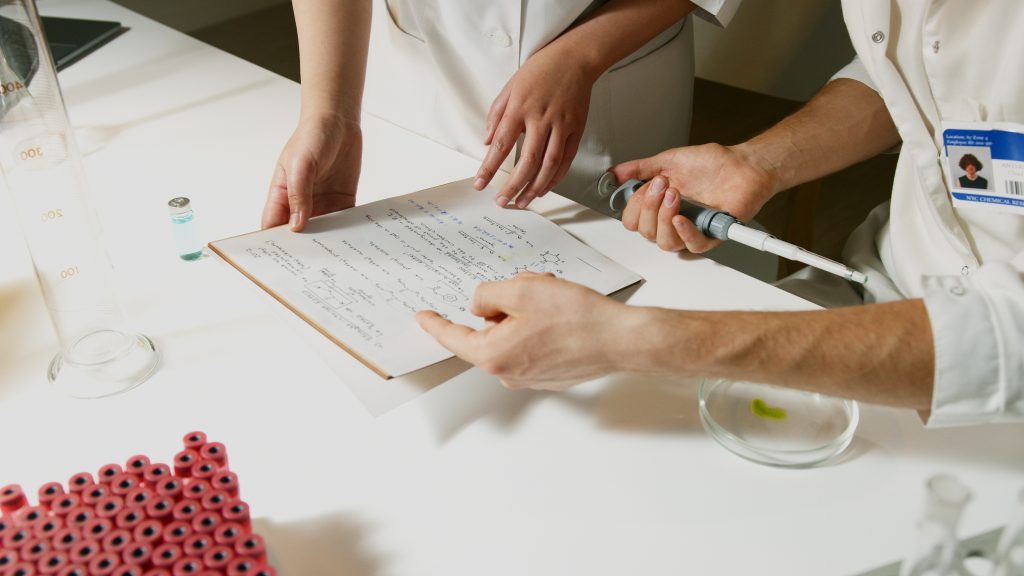The most important step in your PhD journey is finding your supervisor and thesis topic. The interview will be a crucial step in this journey. Preparing for this, and putting thought into the following questions, may help you.
- Why do you want to do a PhD?
There is no right or wrong answer to this. Your answer should address your passion, motivation, and also your ability to complete the PhD. This is a big undertaking and the interviewers need to know you have the drive to see this through to a successful completion.
2. Why are you interested in this program?
Why did you choose this university? Why is it special or unique in its field? Are their certain supervisors or professors who are outstanding in their field? Are your goals aligned with theirs? Prove to the interviewers that you don’t just want a PhD; you want one from this institution.
3. What experience makes you a good candidate?
While the interviewers will have read your CV/ Resume, this is your opportunity to ensure they understand your skills, strengths, and qualifications. Have you got examples from your bachelor’s degree or employment experience that makes you an ideal candidate for a PhD at their university?
4. What are your strengths and weaknesses?
Choose a strength that specifically relates to your PhD; are you a meticulous researcher? Do you love to understand the underlying reasons why things happen? Use some examples of a time this strength has helped you.
Be honest and choose a weakness you’re aware of. Talk about some examples, and the steps you are taking to overcome this. Do you procrastinate, so you have to set micro-goals?
5. Tell us about a time you experienced a setback
Completing a PhD is a long, meticulous, often frustrating slog. You’re going to encounter a lot of problems. Provide an answer from your academic journey that shows your resourcefulness, ability to use your initiative, and how you overcame the problem.


